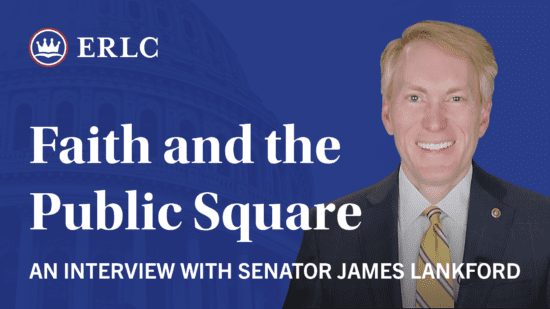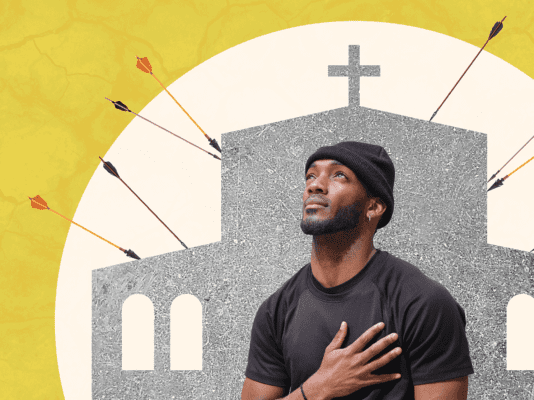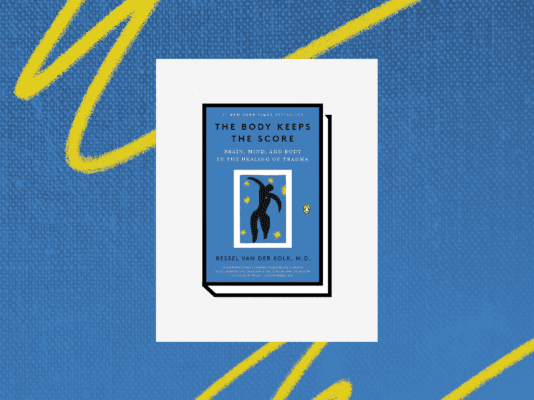Aristotle said that friendship is “an absolute necessity in life.” And from a Christian perspective, I think that is on target. “No one would choose to live without friends,” the philosopher wrote, “even if he had all the other goods.” Indeed, if we think back to the opening pages of Scripture, we see this same idea in the life of Adam. After God completed the rest of his work of creation, he placed Adam in the garden of Eden to “work it and keep it” (Gen. 2:15). In the midst of a perfect creation, there was one problem: Adam was alone.
Adam at that time had every kind of good. He lived in a perfect world. He experienced none of the pain or hardships of life. There was no sickness nor affliction nor strife. And above all of that, he had a relationship with the Living God, who walked with Adam in the garden in the cool of the day (3:8). But even though Adam had a seemingly perfect existence, being at peace with God and the creation that surrounded him, his life was incomplete. And recognizing this, God made for Adam “a helper fit for him” (Gen. 2:18).
Friendship is indispensable
Friendship is something common to humanity because it accords with our nature. God created us as relational beings. As we live our lives, we crave relationships. That is one of the reasons the lockdowns of this season have been so devastating. People are not able to experience the benefits of in-person relationships at nearly the same volume or frequency that they are accustomed to. And, like Adam, we are not meant to live alone. Few of us are able to thrive in extended periods of isolation.
Think about the indispensable role that friends play in our lives. We find happiness in the company of friends as we share time and experiences together. We find comfort in our friends as we experience hardships and trials in our lives. And we find ourselves turning to our friends to celebrate the joys of life. True friends are companions that stick with us through the best and worst times of our lives, which is why Proverbs speaks of the friend “who sticks closer than a brother” (18:24). Friendship is something we are not supposed to live without.
Friendship is valuable
Our friends serve us in many ways. And one of the most important ways they do so is by helping us see things more clearly. Recently, I posted on social media about the value of having friends across the ideological spectrum. My point was that having friends who disagree with us about important issues can keep us from arguing against caricatures or straw men because we can put the face of a friend with the position we are speaking against. Honestly, I was surprised by how deeply that message seemed to resonate with a lot of people.
None of us are prepared to withstand all of life’s challenges, at least not on our own. But the good news is that for Christians, we not only have the Holy Spirit within us, but the church around us as we “press on toward the goal for the prize of the upward call of God in Christ Jesus” (Phil. 3:14).
I was thinking about this aspect of friendship because a friend from work recently pointed me toward their.tube, which is a website I had never heard of. But if you visit the site, you’ll discover that it models how different types of people experience YouTube. Like almost every form of social media, YouTube is driven by an algorithm. It shows you more of what you want to see and screens out things you don’t like so that you will spend more time on the platform.
It only takes a few minutes on their.tube to size up the impact of these algorithms. To keep you on the platform, they create a giant echo chamber. From the moment you log on, YouTube (or Twitter or Facebook) creates a feedback loop that is designed to show you things you want to see—not necessarily things that make you happy, but whatever keeps you engaged. I suppose that is fine if we are talking about videos of kittens or comedians. But social media is actually where many people turn to gather information about much more important matters, like politics and culture and even religion.
Those are critical areas of our lives to hand over to an algorithm. And that is why it’s helpful to remind ourselves that what we see on social media doesn’t always correspond to real life. More than that, it’s one of the reasons we need relationships in the real world. Meaningful friendships serve as a kind of moral anchor; they can help us keep our bearings whether we are encountering echo chambers, ethical dilemmas, or other kinds of challenging circumstances.
Friendship and faith
Our craving for relationships not only accords with our nature, but it also aligns with God’s plan of redemption. Through Jesus, God reconciles us to himself. But he also brings us into a new family, the church. As we read through the New Testament, what we see is that the church is supposed to be a loving community made of people who serve and sacrifice for one another (John 13:34; Gal. 5:13; Eph. 5:21). In fact, it is a community that was, as Jesus taught us, created by friendship: “Greater love has no one than this, that someone lay down his life for his friends” (John 15:13). And in the church, we not only find brothers and sisters with whom we will spend eternity, but friends to walk alongside us as we follow after him.
None of this means that friendship is always easy. Sometimes we experience periods of loneliness. Sometimes our relationships are filled with discord (even Jesus was betrayed by one of his closest followers). But when we encounter such things, we should remember that friendship, like every good gift, comes from above. Pray. Ask the Lord to bless your pursuit of deep friendships or to bring reconciliation and peace when your relationships become contentious. He is faithful. He cares for you. And he will provide all that you need.
Jesus’ earthly ministry took place in the context of friendship. He chose a group of 12 men and loved, taught, and served them. He modeled the kind of commitment and patience and grace that friendship requires. And in his example, he showed us how friendship is a critical part of the Christian life. None of us are prepared to withstand all of life’s challenges, at least not on our own. But the good news is that for Christians, we not only have the Holy Spirit within us, but the church around us as we “press on toward the goal for the prize of the upward call of God in Christ Jesus” (Phil. 3:14).










